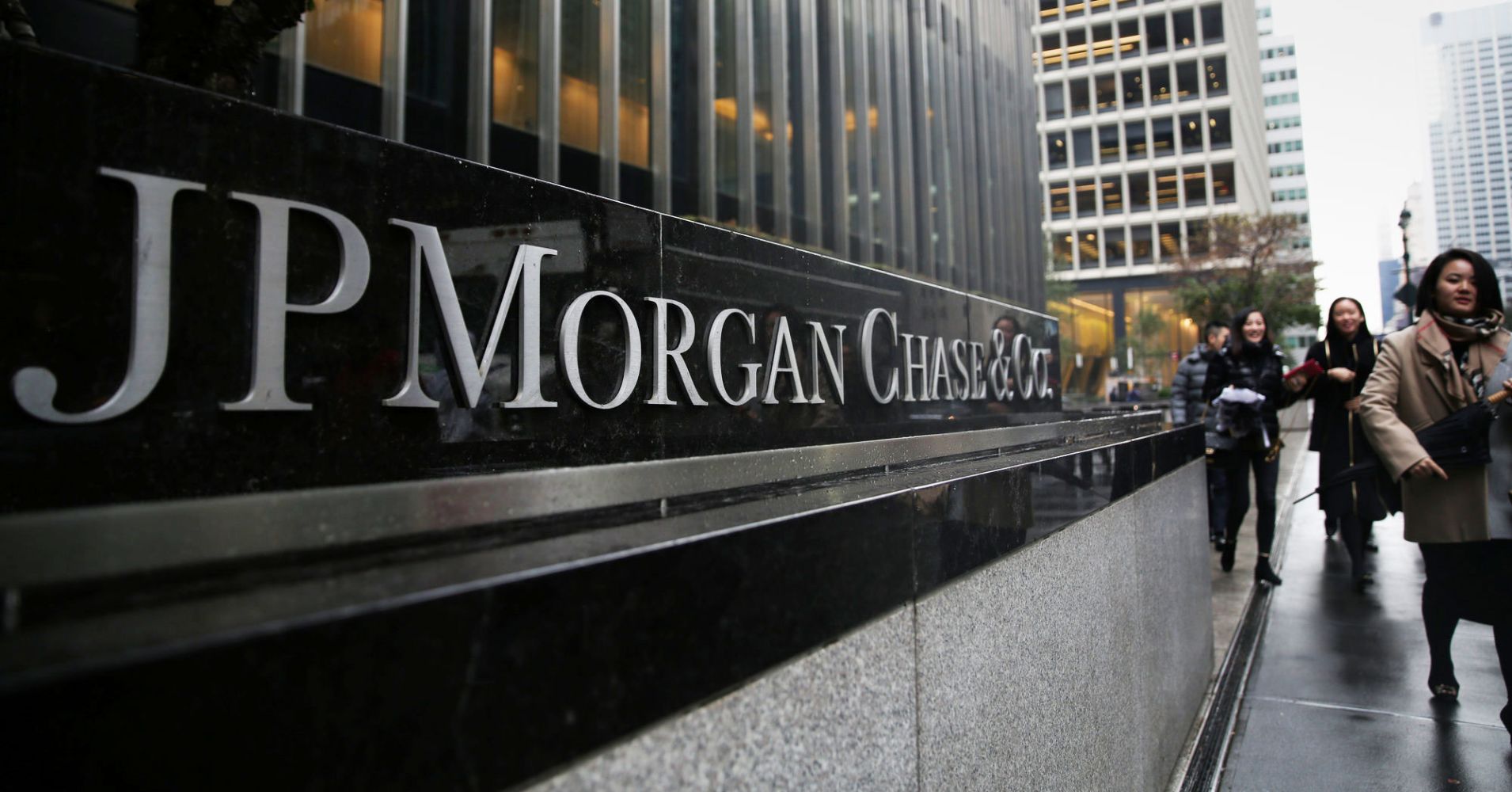A federal judge has put on hold, for at least six months, a civil lawsuit accusing J.P. Morgan Chase of rigging the precious metals market, citing an ongoing related criminal investigation.
Judge Paul Engelmayer’s decision came at the request of federal prosecutors in Manhattan, but only after he had repeatedly pushed them to justify the pause in civil proceedings.
Prosecutors had warned Engelmayer that their criminal probe could be harmed by a request last month by plaintiffs in the civil case to ask new questions of two ex-J. P. Morgan metals traders and the bank’s global head of base and precious metals trading.
Details of that criminal investigation of the nation’s largest bank are not known. In prosecutors’ court filings seeking the delay, the details of the probe appear in areas that are blacked out.
Prosecutors last week spoke to Engelmayer on a teleconference call that did not include the parties to the civil case.
After that call, Engelmayer issued an order last Friday in U.S. District Court in Manhattan, which said, “For the reasons stated by the Government, law enforcement interests presently counsel in favor of deferring any such reopened depositions.”
But Engelmayer also noted that “it is likely that the Court will eventually permit one or more depositions to be reopened in this case, in the interests of justice.”
He told prosecutors to update him by May 30 on the progress of the criminal investigation, and to tell if they want a further postponement of the civil case.
Neither the plaintiffs in the lawsuit nor J.P. Morgan opposed the postponement.
The criminal case became public early in November when a plea agreement made with John Edmonds, a 36-year old former J.P. Morgan metals trader, was unsealed in the U.S. District Court in Connecticut. Edmonds pleaded guilty to conspiracy and commodities fraud.
Edmonds admitted during his guilty plea that he — and other “unnamed co-conspirators” at the bank — fraudulently manipulated the precious metals markets from 2009 to 2015.
The Brooklyn, New York, resident said he had learned the illegal trading tactics from senior traders, and then used them hundreds of times with the knowledge of and consent of his immediate supervisors.
When he announced Edmonds’s guilty plea, U.S. Attorney for Connecticut John Durham said, “The investigation of deceptive trading practices by others involved in this scheme is ongoing.”
The plea drew the attention of David Kovel, the attorney representing the plaintiffs in the civil case against the bank.
That lawsuit, filed in 2015 by hedge fund manager Daniel Shak and two commodity traders, accused metals traders at J.P. Morgan of conduct similar to to acts described in in Edmonds’ plea deal.
The plaintiffs claim they lost tens of millions of dollars as a result of actions by J.P. Morgan’s traders.
“The recent admissions of Mr. Edmonds follow repeated denials by JP Morgan that this type of anticompetitive behavior was, or could have been, occurring,” Kovel said in a court filing.
Kovel then asked Engelmayer to reopen the process known as discovery so that he could re-question Edmonds, along with Robert Gottlieb, a former managing director at JP Morgan whom Edmonds has described as his mentor.
Kovel also wanted to re-depose Michael Nowak, who is J.P. Morgan’s global head of metals trading. Nowak also had been Edmonds’s immediate supervisor.
Prosecutors, in their response to Kovel’s request told Engelmayer that they did not want the traders re-deposed for now, and wanted a temporary halt to the entire civil case, because the lawsuit was “related” to Edmonds’ criminal case.
“Edmonds awaits sentencing, but the broader investigation is ongoing,” the Justice Department said in a court filing. A delay in the civil case was necessary “to protect the integrity” that probe, the department said.
J.P. Morgan, which declined to comment when contacted by CNBC, told Engelmayer that Edmonds’ guilty plea was not pertinent to the civil case.
The bank also argued that it was “highly unlikely” that re-deposing the three men would “lead to relevant evidence.”
When asked about the judge’s decision to pause the civil case, Kovel told CNBC that, “we were heartened by the judge’s decision because it appears to substantiate our belief that there is a close relationship between the cases.”
“We’re very interested in the criminal case and how it plays out and how it will affect the prosecution of our cases,” Kovel said.
The Justice Department and Gottlieb had no immediate comment when contacted by CNBC.


 Signal2forex.com - Best Forex robots and signals
Signal2forex.com - Best Forex robots and signals




